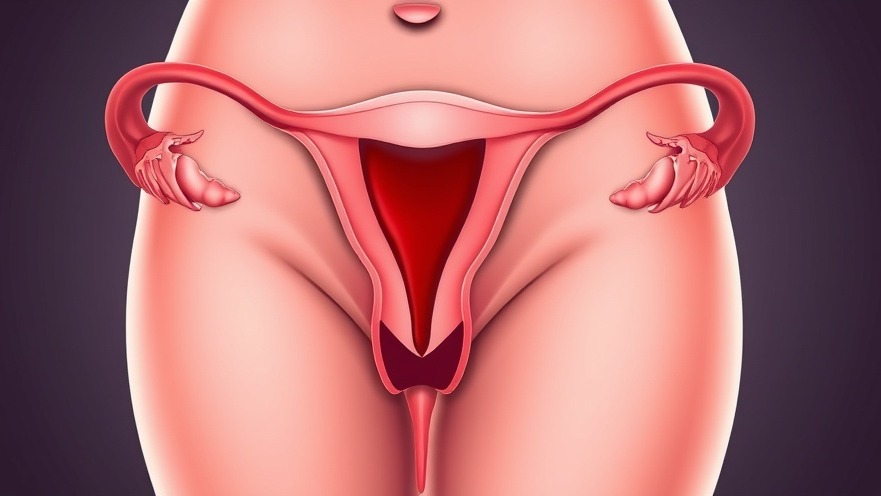
Understanding Dysfunctional Uterine Bleeding: A Closer Look
Dysfunctional uterine bleeding (DUB) is a common yet often misunderstood condition that can significantly affect a woman's life. It refers to bleeding that deviates from the typical menstrual cycle, caused by hormonal imbalances that prevent the regular shedding of the uterine lining. Many women might experience this anomaly at different life stages, particularly during adolescence and perimenopause, highlighting its relevance within various demographics. By gaining a deeper understanding of DUB, medical concierge practices can position themselves as authorities in women's health and wellness.
How Hormonal Factors Influence Bleeding Patterns
The body’s endocrine system plays a crucial role in regulating menstruation. Hormones such as estrogen and progesterone dictate the menstrual cycle's rhythm. When these hormonal signals become erratic—due to stress, illness, or physiological changes—women may experience unpredictable bleeding patterns, ranging from heavy flows to light spotting. Recognizing these patterns allows practitioners to provide women with personalized care plans, helping them navigate their health proactively.
The Relationship Between Lifestyle Factors and DUB
Factors such as obesity, excessive exercising, and significant weight loss can influence hormonal levels, leading to dysfunctional bleeding. For instance, individuals who undergo strenuous workouts may experience changes in their menstrual cycle as a response to physical stress. This reveals an opportunity for concierge practices to offer targeted advice on nutrition and exercise, highlighting the importance of a balanced approach for maintaining menstrual health.
Diagnosis and the Role of Patient Communication
A physician diagnosing DUB typically assesses medical history and conducts tests to identify potential causes, including pregnancy, thyroid function, and hormonal levels. However, effective patient communication is critical. By fostering a safe environment where patients feel comfortable discussing their issues, healthcare providers can develop a more nuanced understanding of their patients' needs and tailor interventions appropriately.
Actionable Insights for Medical Practices
For concierge medical practice owners, understanding DUB enables them to enhance their services. Here are a few actionable insights:
Educational Workshops: Host seminars focused on women's health to educate patients about menstrual disorders.
Personalized Care Plans: Develop tailored health strategies that address lifestyle factors affecting DUB.
Enhanced Communication: Train staff to approach conversations about reproductive health with sensitivity and empathy, reducing the stigma around discussing such topics.
By integrating these elements into their practice model, concierge medical providers can boost patient trust, loyalty, and retention.
Concluding Thoughts on Patient Wellness
Comprehending dysfunctional uterine bleeding is essential not only for direct care but also for fortifying the patient-practice relationship within a concierge model. By actively engaging patients in discussions about their health, providers can build rapport and empower women to take charge of their health journeys. As medical professionals, let's emphasize that wellness is an ongoing conversation—one that is intrinsically linked to both physical and mental health.
 Add Row
Add Row  Add
Add 




Write A Comment